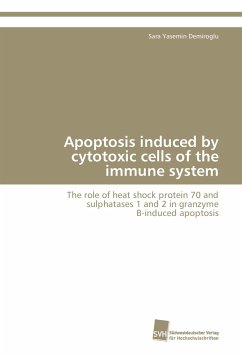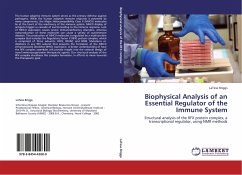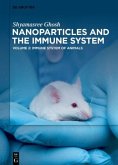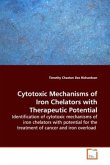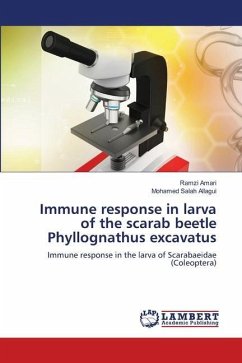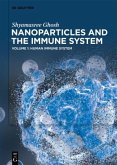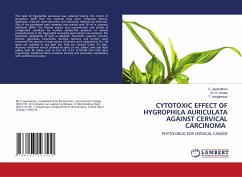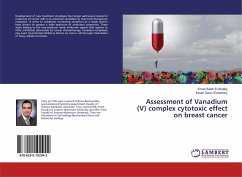Intracellular heat shock protein 70 (HSP70) belongs to the stress response system and can protect cells from different apoptotic stimuli. Extracellular HSP70 on the other hand can activate cells of the innate and adaptive immune system. Acute overexpression of intracellular HSP70 could even increase the susceptibility of melanoma cells to cytotoxic T-lymphocytes (CTLs) that use the granule-exocytosis pathway for killing (Dressel et al. 1999). To decipher the molecular pathway of this increased susceptibility to CTLs, the effect of the acute overexpression of HSP70 on gene expression was analysed in cells, in which Hsp70 is under the control of a tetracycline-inducible promoter. To reduce the complexity of CTL-induced apoptosis, further experiments were performed with granzyme (Gr)B, a component of the cytotoxic granules of CTLs and NK cells, that has been shown to interact with HSP70. Heparan sulphates on the other hand are involved in GrB-binding to target cells of CTLs and are modified in their sulphation pattern by sulphatases 1 and 2. The role of HSP70 and sulphatases 1 and 2 in GrB-induced apoptosis is analysed.
Bitte wählen Sie Ihr Anliegen aus.
Rechnungen
Retourenschein anfordern
Bestellstatus
Storno

